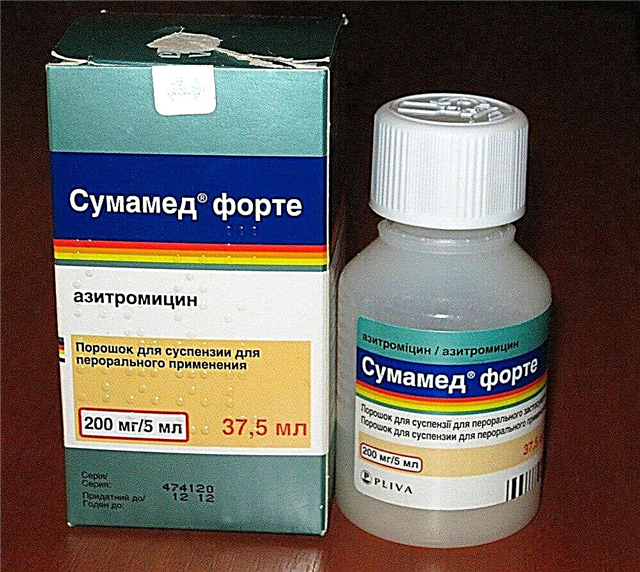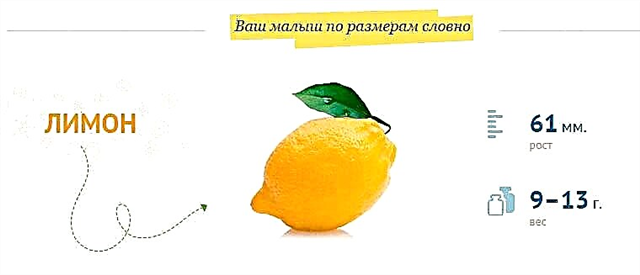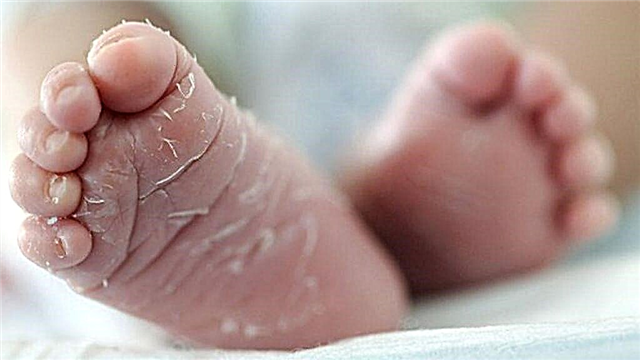Childhood is a wonderful and carefree period of life. The obligatory acquaintance of the baby with sweets will certainly come. And many mothers are categorical against the baby eating chocolate or sweets under 3 years old. In vain, sweets are not only joy and a smile, but also energy as glucose to feed the neurons of the brain. But everything should be in moderation.
Let's figure out together at what age you can give a child candy and how to do it correctly.
Recommended age for candy
Sweets include sweets, chocolates, and caramel. It is not recommended to give sweets to children under one year old, since the baby's immune and digestive systems have not yet established their work. Sugar can cause fermentation in the intestines, hence stool problems and rashes.
Children prone to diathesis do not need sugary foods until 2 years of age. Their introduction is possible, but later and with caution.
A child under one year old can be given sweets in the form of natural sugars. These are the fruits and lactose of my mother's milk. You should not sweeten water and kefir.
Harmful products
It is not recommended to use:
 pure sugar. It is better not to add sugar to cereals, mashed potatoes. It distorts the taste of food, and the child quickly gets used to it;
pure sugar. It is better not to add sugar to cereals, mashed potatoes. It distorts the taste of food, and the child quickly gets used to it;- caramel is the worst candy for your baby's teeth. Also contains many dyes, sugar;
- pastries, cakes - carry a large amount of fats, carbohydrates. This creates a huge load on the small pancreas, but there is no benefit;
- preserves, jams - also have a high sucrose content.
Dried apricots, dates, raisins are not only foods rich in magnesium and potassium, but also have a pleasant sweetish taste. They can also act as a dessert for crumbs.
Excessive consumption of sugar for up to a year can provoke:
- the occurrence of arterial hypertension at an older age;
- the occurrence of obesity, metabolic syndrome, diabetes mellitus;
- other endocrine disorders.
Psychologists say that early training of a baby to sweets is akin to addiction. A study was carried out, and children who often received chocolate in childhood, at an older age, cannot deny themselves eating sweet foods.
The benefits and harms of honey for babies
Honey is a very strong allergen. It is better for children with a pronounced allergic disposition to refrain from using it.
Honey is a storehouse of vitamins and minerals important for the growth and development of a child. Has antiseptic and antibacterial properties. Also, honey is able to increase the immunoresistant properties of the child's body.

Previously, grandmothers advised mom to give a spoonful of honey on the tip to calm the baby. It contains sugars that have an energetic effect on cells, improve interneuronal connections, and are a source of positive emotions.
When and how to start giving the first sweets?
As we have already found out, children under one year old do not need sweets in any form. You can start after a year with marshmallow or marshmallow, marmalade without powdered sugar. Best served after the main course, preferably at lunchtime. If allergic reactions occur, the product is excluded.
After 3 years, the child can begin to give sweets in the form of cakes or pastries. At this point, the digestive system is almost completely organized and can process these foods.
To avoid food poisoning, pay attention to the shelf life of sweet products with protein creams.
Parents shape their children's eating habits themselves. With excessive consumption of sweet foods, there may be a risk of developing metabolic disorders, which in the future will lead to obesity, diabetes mellitus and other endocrine diseases.
Try not to reward your child with candy. Better to compliment him or hug him once more. Do not make your baby food addicted to candy.

Teeth and sweets
Artemova I. O., doctor, pediatric dentist: “Of course, childhood without sweets is not childhood. Try to brush milk teeth or rinse your mouth after eating sweets. This way you can avoid caries in milk teeth. "
Sweets for children according to Komarovsky: “This is not the best food for children. It is especially harmful to teeth and appetite. Of course, you will not harm your health much if you give sweets for dessert after dinner, but it is better to avoid such delicacies between feedings. Do not keep candies at home, do not show your baby that they are in the house. Try not to go shopping with your child or buy sweets with him. If a child has a tendency to be overweight, then it is better to give up sweets altogether. "
It is very easy to teach a child to sweet, as it brings him pleasure. Try to give sweet for dessert at least 1 - 2 times a week, observing the age range. With a tendency to allergic reactions, sweets must be completely excluded from the diet.
Article rating:

 pure sugar. It is better not to add sugar to cereals, mashed potatoes. It distorts the taste of food, and the child quickly gets used to it;
pure sugar. It is better not to add sugar to cereals, mashed potatoes. It distorts the taste of food, and the child quickly gets used to it;

